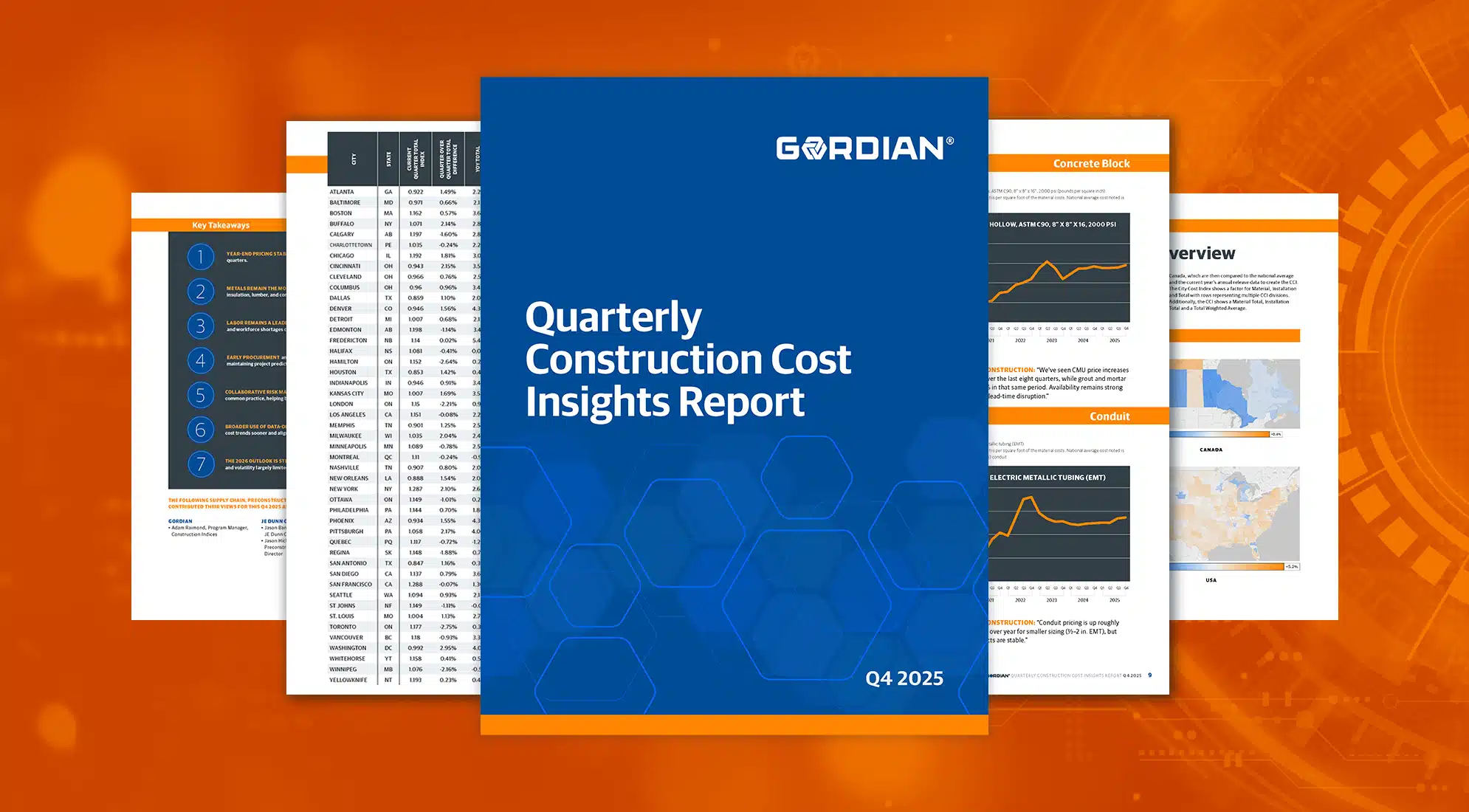Considering the complexity of today’s facility management landscape, data-driven decision-making is no longer optional or a “nice to have.” For organizations to succeed in the long-term, data must inform every move.
It should come as no surprise, then, that Facility Condition Assessments are being used as foundational tools to empower organizations to manage their assets strategically, plan budgets effectively and ensure operational continuity. Yet, many agencies still operate without them, exposing themselves to a host of avoidable risks.
Explore the critical challenges organizations face when they lack a Facility Condition Assessment, highlighting the costs of inaction and the strategic advantages of implementing FCAs.
1. Ineffective Asset Management and Budget Planning
Without a comprehensive FCA, organizations are essentially making guesses with their budgets. They lack the reliable facility data needed to:
- Prioritize capital investments
- Justify budget requests
- Optimize maintenance schedules
- Manage large facility portfolios
This ultimately leads to reactive decision-making, where funding is allocated based on perceived urgency rather than objective need. Over time, this approach results in misallocated resources, underfunded critical systems and overlooked infrastructure vulnerabilities.
2. Reduced Mission Readiness and Continuity
Facilities are mission enablers. Whether supporting education, healthcare, defense or public services, facilities must function reliably to fulfill their purpose. Without FCAs, agencies risk missing mission-critical deficiencies that can lead to:
- System failures (e.g., HVAC, electrical, plumbing)
- Cascading damage to adjacent systems
- Program interruptions or shutdowns
- Loss of business or service delivery
- Reputational harm
3. Excess Costs Due to Funding and Labor Uncertainty
Unexpected repairs are known for disrupting operations and driving costs quickly. When agencies don’t have a Facility Condition Assessment (FCA) in place, they often fall into a pattern of reactive maintenance, where problems are only addressed after they’ve escalated into emergencies.
This reactive approach can lead to several cost-related challenges:
- Higher Repair Costs: Emergency fixes tend to be more expensive than planned maintenance. There’s often a premium for urgent labor and rush-ordered materials, not to mention potential damage to surrounding systems that could have been avoided with early intervention.
- Budget Volatility: Without a clear picture of facility conditions, it’s difficult to forecast and allocate funds effectively. This unpredictability can strain annual budgets and lead to unplanned reallocations that delay other critical projects.
- Labor Shortages and Overtime: Reactive work puts stress on maintenance teams, leading to increased overtime, burnout and difficulties in retaining skilled workers. Contracting outside labor in a hurry can also be costly and less efficient.
- Deferred Maintenance Spiral: When resources are tied up dealing with emergencies, routine upkeep often gets postponed, which can compound long-term deterioration and increase lifecycle costs.
Investing in proactive assessments like FCAs helps agencies plan smarter, reduce wasteful spending and maintain greater control over both their facilities and finances.
4. Non-Compliance and Risk Exposure
Staying compliant with regulations is a core responsibility of facility management. From building safety codes to environmental standards, agencies are expected to maintain facilities that meet strict, evolving requirements. Without a Facility Condition Assessment (FCA), it becomes much harder to ensure and prove compliance.
The absence of a structured assessment process can lead to several serious risks:
- Legal and Financial Liability: Missed maintenance issues can result in code violations or unsafe conditions, opening the door to fines, lawsuits or insurance claims — costs that could have been avoided with proactive oversight.
- Audit Vulnerability: Regulatory and internal audits require accurate, up-to-date documentation. Without an FCA, organizations may struggle to provide the necessary evidence of compliance, preparedness or due diligence.
- Reduced Transparency and Accountability: FCAs offer a clear, data-driven record of facility conditions and maintenance efforts. Without them, it’s harder to justify decisions, defend budgets or demonstrate responsible stewardship to oversight bodies or the public.
- Higher Risk of Violations: Unidentified deficiencies can quickly lead to compliance breaches. Whether it’s a failing HVAC system that violates air quality standards or outdated fire safety infrastructure, these issues carry real consequences for health, safety and reputation.
Why FCAs Are a Strategic Imperative
The risks of inaction are clear. Without FCAs, organizations face a cascade of challenges that affect every aspect of facility management — from budgeting and compliance to mission readiness and operational efficiency.
Key Benefits of FCAs:
- Data-Driven Decision-Making: Objective insights into facility conditions and needs
- Strategic Budgeting: Prioritized investments based on actual conditions
- Improved Resilience: Early identification of vulnerabilities
- Regulatory Confidence: Documentation to support compliance and audits
- Operational Efficiency: Reduced emergency repairs and optimized labor use
The Cost of Doing Nothing Is Too High
Inaction is not a neutral choice; it’s a costly one. The absence of a Facility Condition Assessment program exposes agencies to financial waste, operational risk and strategic misalignment.
At Gordian, we help organizations implement comprehensive FCA programs that deliver actionable insights, support long-term planning and drive measurable results. Don’t wait for a crisis to reveal the gaps in your facility strategy.
Learn how Gordian’s Facility Condition Assessment solutions can help your organization reduce risk, improve performance and plan with confidence. Contact us today.






